Italians and electric cars, two things that until now don’t seem to get along very well. Between misinformation, disillusionment and false myths, in fact, despite the fact that a large part of the population could afford to have a battery-powered car in the garage, these are still a market niche. What are the reasons for a love that never seems to blossom? L’Continental Observatory, in its third edition, has committed to discovering it, collecting very interesting data.
What is the Continental Observatory: not just tires
We respond immediately to those who, I already know, are wondering what the Continental Observatory is. For those of you who are not already aware, in fact, the German company Continental does not only produce tires, a sector in which it is among the world leaders. In fact, Continental bases i two thirds of its turnover on the production of electronic systems. Control units, ECUs, but also electric motors and components. During its work in the automotive world, however, the Italian branch of Continental began to ask itself questions. Collaborating with important research institutes in the country, theContinental Mobility and Safety Observatory, now in its third edition.
And in the 2021 edition, Continental focused on the electric car, and its diffusion in our country. From 2035, in fact, the sale of vehicles with internal combustion engines will be banned in Europe. The only survivors will be electric and other zero-emission power supplies, such as hydrogen. However, the electric will play a fundamental role. The stated goal of the European Union of reducing CO2 emissions by at least 55% is now close.

But are the Italians ready for this change? Are they informed and interested in the new mobility? What are the biggest challenges that will have to be faced? How are car manufacturers doing? Is there a gap between supply and demand? These are some of the questions that the Continental Observatory, together with Alessandra Ghisleri of Euromedia Research and to Kearney, he wanted to put on the plate and decide to respond.
The data from the Observatory: Italians and electric cars smell each other but do not choose each other
Let’s start with the general picture of the situation, which is more complicated than it may seem. It is often said that Italians are not ready for the electric car, that they are not interested in it and that they do not want to choose it, preferring traditional engines. But is it really so? Euromedia Research data tell a different picture.
The research and statistics institute in fact carried out a survey between 8 and 15 September 2021, with a sample base developed around the demographic proportions of ISTAT. So he didn’t just interview people who live in the city, only adults and so on. Euromedia analyzed the responses to the survey of 3,000 people between 18 and 75 years old, coming from all over Italy, from North to South.
And how did the interviewees respond about the electric car? The responses were different from what was expected. Two out of three Italians, 66.1% of the interviewees, declare they are interested in buying an electric carto. Just over half (55%) of Italians have already asked a dealer for information, and 10.6% of those interviewed already own one.

Regarding the broader topic of electric mobility, 76.8% of the Italian interviewees declared themselves interested in electric cars and participating in the transition process. All these people, however, are not willing to buy now an electric one. Because? The reasons for the lack of love between Italians and electric cars is caused by economic, infrastructural and product reasons, not convincing enough. However, we discover that, as well as interested, Italians are quite knowledgeable about electric cars. Three out of four consumers are able to correctly identify electric and hybrid cars on the market. More confusion, however, is found on plug-in hybrids, recognized by less than half of the interviewees.
Read the data: the Italians most convinced by electric cars are the young people of the provinces
But who are the Italians most likely to consider electric cars? So on the spot, one is led to think that the most progressive are the very young, Generation Z between 18 and 24 years old, who live in big cities. In reality, however, the most convinced Italians interviewed were those of the so-called “Generation Y”, aged between 25 and 41 years.
There is talk of men and women who already own a car, mainly petrol, e resident in the South and in the municipalities of the Province. The common denominator, however, is the owning a garage where to install a wallbox, a real turning point for electric mobility. Another large slice of interviewees, namely those who live in the city in apartments without a private garage, the very young of Generation Z, those who live in the South and in the provincial towns of the North and Center, profess “curious”.
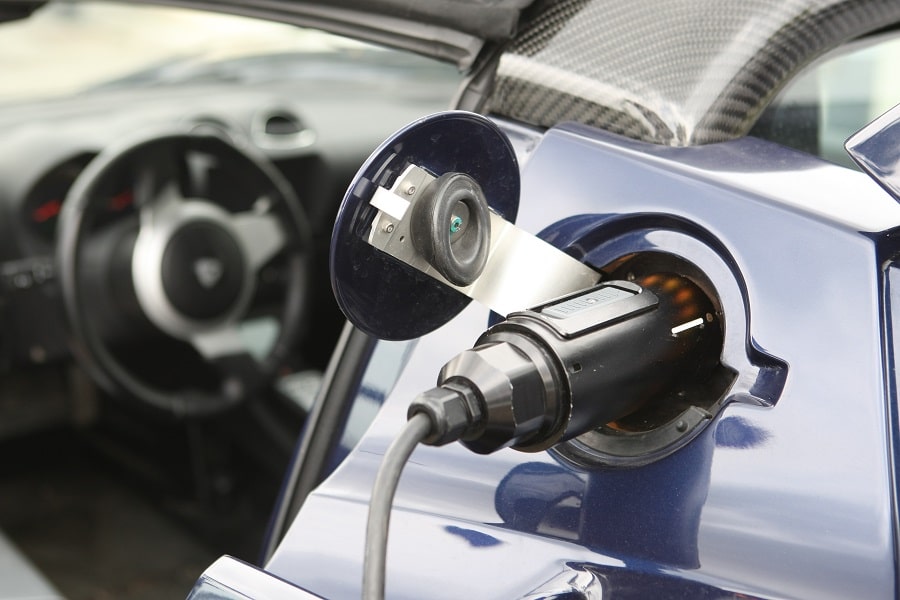
They haven’t driven an electric yet, but they want to do it as soon as possible. Finally, there is no lack of disinterested people. This is, as can be guessed, the most adult segment of the population interviewed, i Baby Boomer between 57 and 75 years old. Paradoxically, with their average of 10 km per day, they would even be the most suitable to use the electric car. This generation, however, is nowhere near intrigued by this world. They are also the same who think that in 10 years the majority of the circulating fleet will still be endothermic.
Misinformation and false myths: autonomy, maintenance costs, price. But very few have tried it
We therefore understood that there are Italians “enlightened” convinced by electric cars, but that many are still unconvinced and undecided. The relationship between Italians and electric cars, however, is focused on the future. More than 29% of the interviewees, in fact, think that the electric will change the automotive world, but it will do so in the next few years, and not immediately. It is above all the young people of generation Z and those of generation X between 40 and 55 who see the electric car as the solution for the future, rather than for the present.
Ma because according to the Italians the electric is not a solution for the here I’m? The Continental Observatory together with Euromedia also asked this to the 3,000 interviewees, receiving very interesting answers. What are the weaknesses of electric cars according to Italians? The first mentioned is the price. The 62,8% of consumers say they don’t have an adequate budget to buy one. Moreover, three out of four Italians would not buy an EV even with incentives, deemed insufficient to convince consumers. Although the Italian incentives for electric cars are among the highest in Europe, uncertainty about their duration plays against you, convincing only 30% of Italians to exploit them.
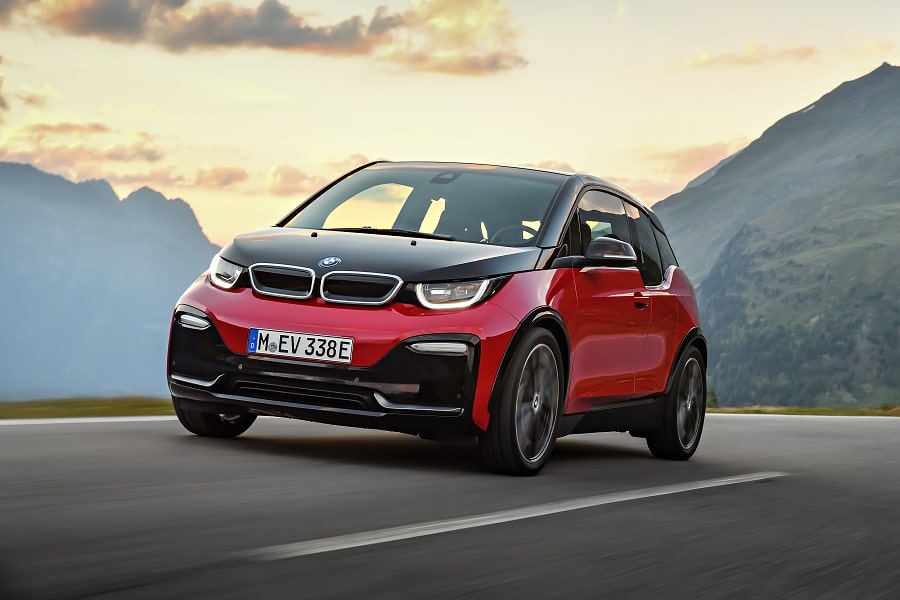
Plus, there are several false myths and barriers that stop the spread of BEVs. Which? First of all, almost all Italians perceive electric as more expensive to maintain compared to traditional cars. In fact, at the level of ordinary maintenance costs, electric ones are cheaper, leaving out the often still unknown costs of the battery pack. The other big stumbling block is the one concerning autonomy and charging columns. For 38.7% of the sample, the range of electric cars is too low and would not be enough for their life. In reality, however, the most modern electric capable of traveling in real conditions between 350 and 450 km without difficulty. This range would make them suitable for a large part of the Italian population, who travel no more than 50, maximum 100 km per day.
But connected to autonomy there is recharging: 37.4% of Italians think that electric car columns are not very widespread. According to respondents, institutions need to participate more actively in change by financing the construction of infrastructure suitable for the electric car. On Italian soil, the Continental Observatory indicates the presence of 24,000 columns, 64% located in the North. Diffusion reaches 22 columns per 100 inhabitants, a much lower number than the 64 in Europe. And indeed, even 24.6% declare that they have never seen a public charging station, and 59.4 believe they have seen very few.
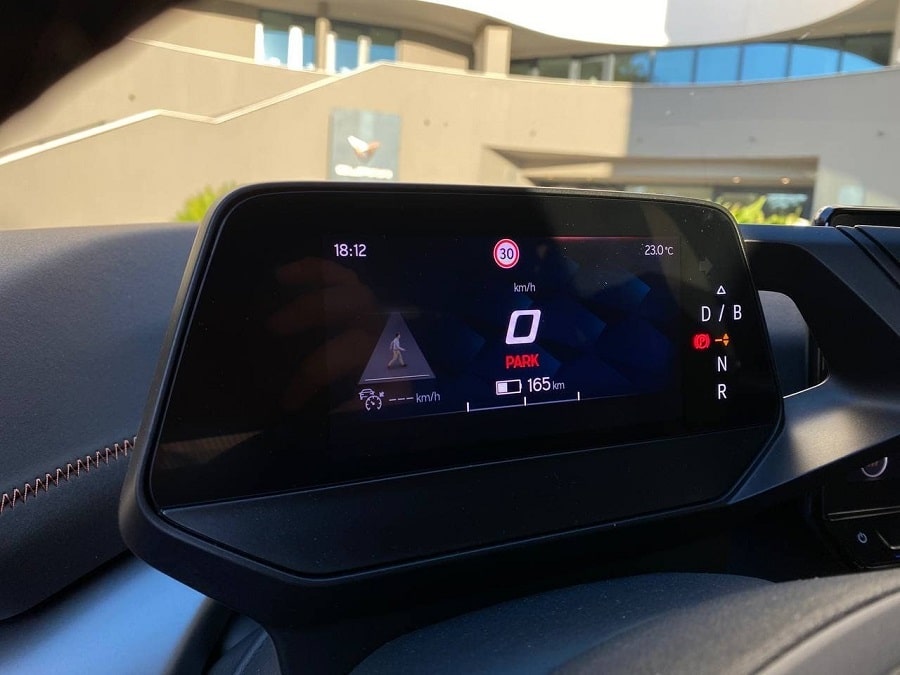
The real stumbling block, however, is there total lack of experience. Only an italianus out of 8 today tried at least one electric car, and therefore do not know very well the world they speak of. “A real problem of consumer preparation emerges due to the lack of communication clarity that does not break down the prejudices of the public. ” tells Alessandro De Martino, CEO of Continental Italia. “The data that emerged tell us how the most favorable to transition are young people, while the older generations, who however have the greatest purchasing power, are the most hostile to change. It is necessary to educate. When it comes to cars, it is essential to live the experience behind the wheel. “
What is the future of the relationship between Italians and electric cars?
With this cross-section, however, the message that Italians do not believe in electric cars must not pass. Our motorists in fact find undoubted merits in BEVs. Which? 43.8% believe that their greatest value is the ability to solve the problems of environmental pollution. However, a large portion of the sample (28%) is worried about the pollution concerning the disposal of exhausted batteries. Then comfort and silence convince one in 4 Italians, as well as the possibility of move freely in the city and access the ZTL.
So electric cars have no future for Italians? This is not exactly the case. Over one in 2 Italians, 53.9%, thinks it will be necessary wait over 10 years to have the whole new electric market. 16% think that electric cars will conquer the city, while 16% think that in 10 years there will still be a lot of endothermic. The final question from the Continental Observatory is very simple: according to the Italians, is the country ready to face this change? 55% of respondents are optimistic, while 42.4% think that only big cities will be ready, but that change is feasible. 31%, on the other hand, believe that the country will not be ready in the next 10 years.
So what do we take home from this huge work done by the Observatory …












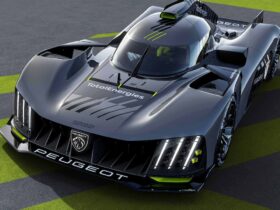
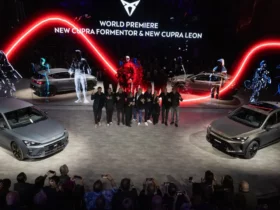


Leave a Reply
View Comments